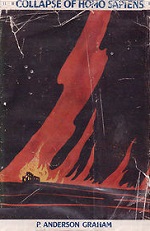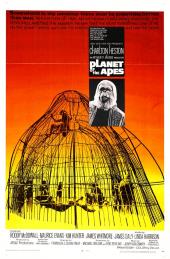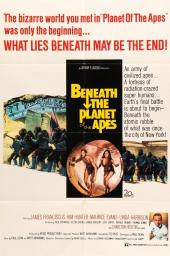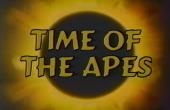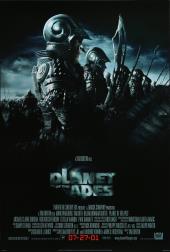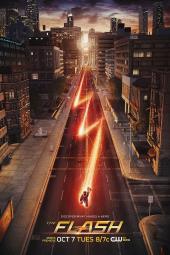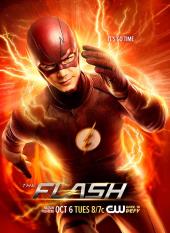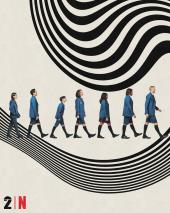Novelette
The Ape-Woman
- by John Charles Beecham
- in Argosy All-Story Weekly, 30 October 1920
Given the intriguing title, we hoped the title character of this early novelette would be a time traveling ape from from future, but alas, such was not meant to be. Instead, the narrator’s partner on a rubber plantation adopts an orphaned Bornean ape and brings her up as human. —Michael Main
In pursuance of this theory he strove sedulously to teach the ape to distinguish colors, to recognize and fashion geometrical patterns, and to do many of the clever things with blocks and tinted paper that four and five year olds do in the kindergartens. Each new accomplishment he claimed as a triumph and a further vidication of his theory. I had my doubts, although I was willing to concede that Claybourne was a good animal-trainer.


